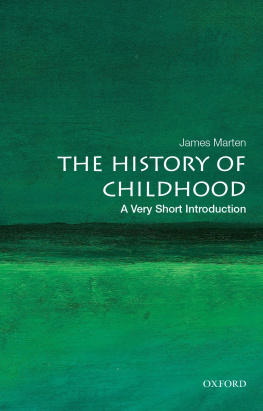
A Childhood
The Biography of a Place
Harry Crews
1978
Survival is triumph enough.
-DAVID SHELLEY, IN CONVERSATION
I
One
My first memory is of a time ten years before I was born, and the memory takes place where I have never been and involves my daddy whom I never knew. It was the middle of the night in the Everglades swamp in 1925, when my daddy woke his best friend Cecil out of a deep sleep in the bunkhouse just south of the floating dredge that was slowly chewing its way across the Florida Peninsula from Miami on the Atlantic to Naples on the Gulf of Mexico, opening a route and piling dirt for the highway that would come to be known as the Tamiami Trail. The night was dark as only a swamp can be dark and they could not see each other there in the bunkhouse. The rhythmic stroke of the dredges engine came counterpoint to my daddys shaky voice as he told Cecil what was wrong.
When Cecil finally did speak, he said: I hope it was good, boy. I sho do.
What was good?
That Indian. You got the clap.
But daddy had already known. He had thought of little else since it had become almost impossible for him to give water because of the fire that started in his stomach and felt like it burned through raw flesh every time he had to water off. He had thought from sunup to dark of the chickee where he had lain under the palm roof being eaten alive by swarming mosquitoes as he rode the flat-faced Seminole girl, whose name he never knew and who grunted like a sow and smelled like something shot in the woods.
He had not wanted her, but they had been in the swamp for three years. They worked around the clock, and if they werent working or sleeping, their time was pretty much spent drinking or fighting or shooting gators. So since he could not have what he wanted, he tried to want what he could have, but it had been miserable, all of it because of the way she sounded and the way she smelled and the mosquitoes clotted about their faces thick as a veil and the heavy black flies that crawled over their legs.
It werent all that good, daddy said.
No, said Cecil, I dont reckon its ever that good.
Gonorrhea was a serious hurt in the days before they had penicillin, and the hurt was compounded because daddy had resisted getting any treatment or even telling anybody until the pain finally forced him to do it.
I dont know what Im gone do.
I do, Cecil said. We gotta get out of the swamp and find you a doctor.
Cecil felt some obligation to help, not only because they had been friends since childhood but also because it was Cecil who had left Bacon County first to work on the trail and was later able to get his buddy a job working with him. It was all in the best tradition of If you git work, write. And when Cecil wrote that there was steady work and good pay to be had in the Everglades, Ray had followed him down there.
He got on one of the gangs cutting right-of-way and in less than two years worked his way into the job of dredge operator. He was then not yet twenty and it was a sweet accomplishment for a boy who had no education, who was away from the farm for the first time in his life. But the clap soured the whole thing considerably.
Cecil was waiting for him when he came out of the doctors office in the little town of Arcadia, Florida. It was the third doctor daddy had seen, and this one agreed with the other two. The word was final.
He says I got to do it.
Jesus, Cecil said.
Its no other way.
You gone do it?
I dont see no other way. Everyone I seen says I got to have one taken off. I guess I do if it aint no other way.
Jesus.
On the long drive back to the swamp in Cecils Model T Ford in the shimmering heat of early summer, they didnt talk. Daddy did say one thing. I wont ever have any children if they take it off. Thats what the doctors said. All three ofm said it.
Cecil didnt say anything.
Did what I have set down here as memory actually happen? Did the two men say what I have recorded, think what I have said they thought? I do not know, nor do I any longer care. My knowledge of my daddy came entirely from the stories I have been told about him, stories told me by my mother, by my brother, who was old enough when he died to remember him first hand, by my other kin people, and by the men and women who knew him while he was alive.
It is demonstrably true that he went to work on the Tamiami Trail when he was seventeen and worked there until he was twenty-three. He did get the clap down there and he did lose a testicle because of it in the little town of Arcadia. He came back to Bacon County with money in his pocket and a gold watch inscribed on the back: To Ray Crews, Pioneer Builder of the Tamiami Trail. Cecil got such a watch, as did several of the men who saw the job through from start to finish. Those are facts, but the rest of it came down to me through the mouths of more people than I could name. And I have lived with the stories of him for so long that they are as true as anything that ever actually happened to me. They are true because I think they are true. I, of course, had no alternative. It would have been impossible for me to think otherwise.
Jean-Paul Sartre in his autobiography Words, when writing about a mans tendency to smother his son, said his own father sired him and then had the decency to die. Ive always thought that because my daddy died before I could ever know him, he became a more formidable memory, a greater influence, and a more palpable presence than he would have been had he lived. Im not sure precisely what that says about me, but surely it must say more about me than it does about my daddy or his death. It also says a great deal about the people and the place I come from. Nothing is allowed to die in a society of storytelling people. It is allthe good and the badcarted up and brought along from one generation to the next. And everything that is brought along is colored and shaped by those who bring it.
If that is so, is what they bring with them true? Im convinced that it is. Whatever violence may be done to the letter of their collective experience, the spirit of that experience remains intact and true. It is their notion of themselves, their understanding of who they are. And it was just for this reason that I started this book, because I have never been certain of who I am.
I have always slipped into and out of identities as easily as other people slip into and out of their clothes. Even my voice, its inflections and rhythms, does not seem entirely my own. On journalism assignments during which Ive recorded extended interviews with politicians or film stars or truck drivers my own voice will inevitably become almost indistinguishable from the voice of the person with whom Im talking by the third or fourth tape. Some natural mimic in me picks up whatever verbal tics or mannerisms it gets close to. That mimic in myself has never particularly pleased me, has in fact bothered me more than a little.
But whatever I am has its source back there in Bacon County, from which I left when I was seventeen years old to join the Marine Corps, and to which I never returned to live. I have always known, though, that part of me never left, could never leave, the place where I was born and, further, that what has been most significant in my life had all taken place by the time I was six years old. The search for those six years inevitably led me first to my daddys early life and early death. Consequently, I have had to rely not only on my own memory but also on the memory of others for what follows here: the biography of a childhood which necessarily is the biography of a place, a way of life gone forever out of the world.
Next page
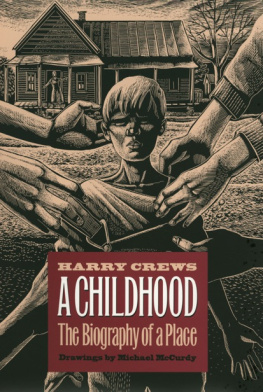
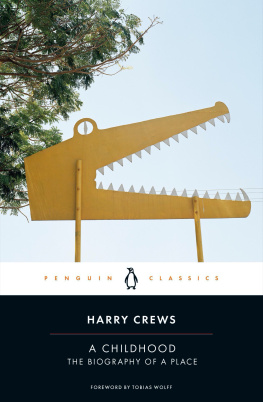
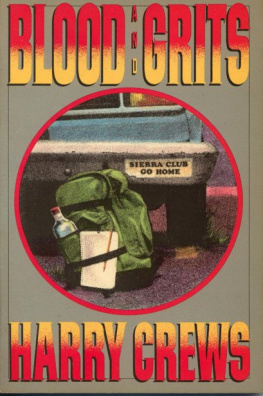
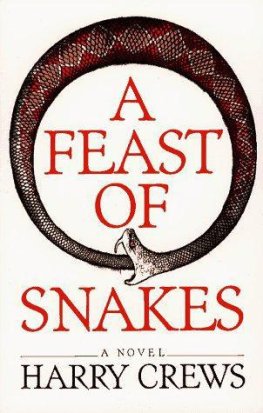

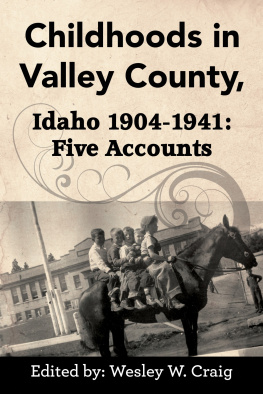
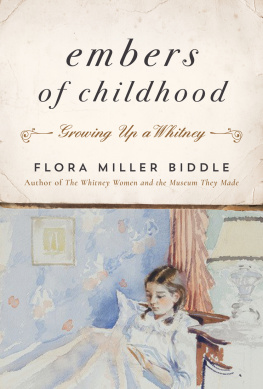
![Johnson - This boy: [a memoir of a childhood]](/uploads/posts/book/185323/thumbs/johnson-this-boy-a-memoir-of-a-childhood.jpg)
